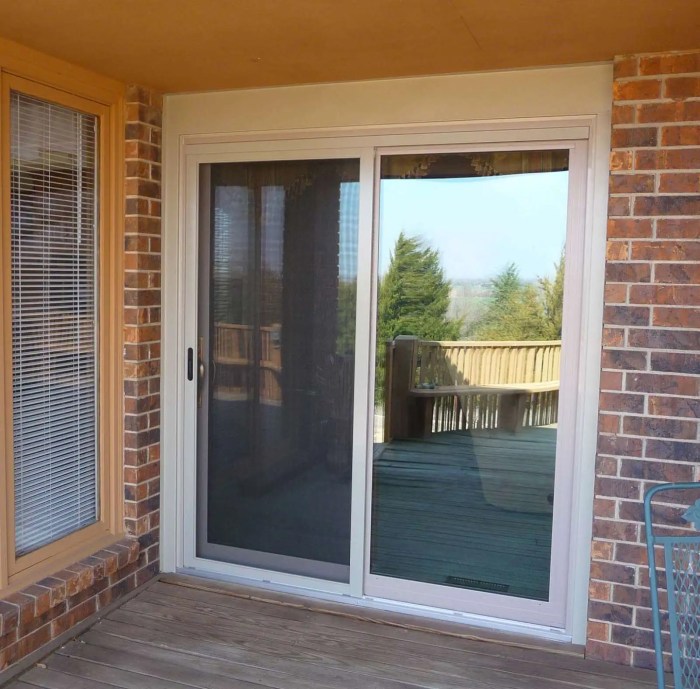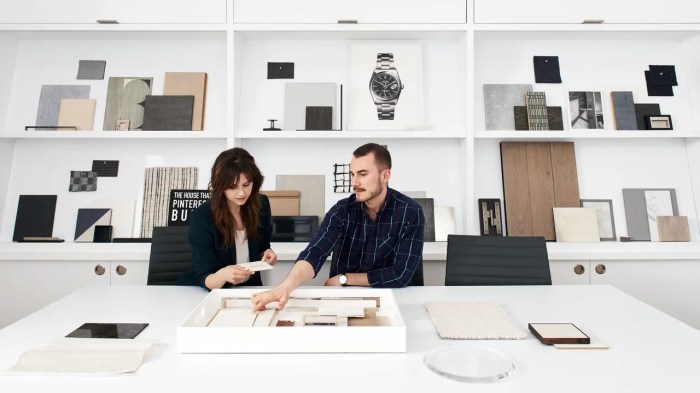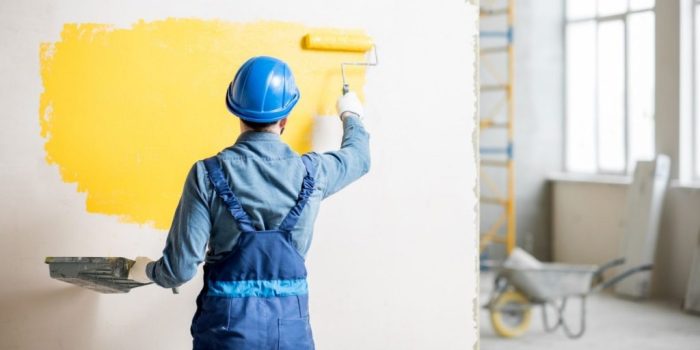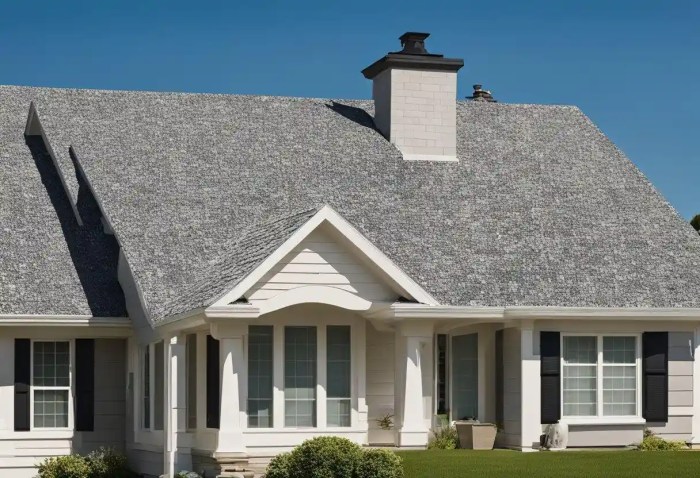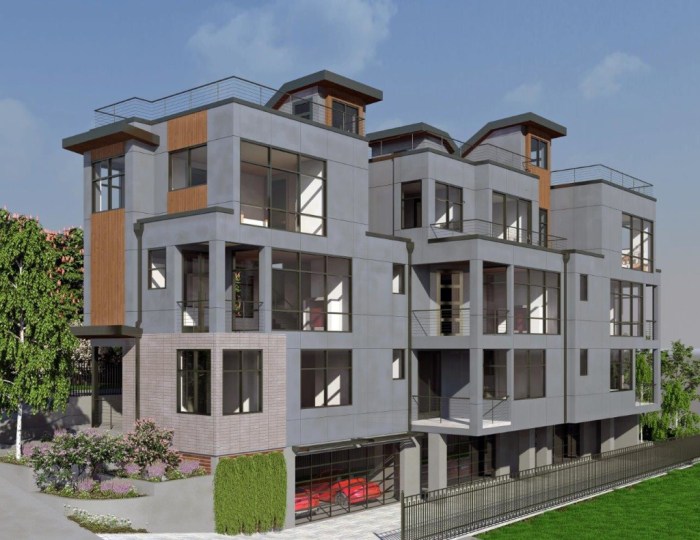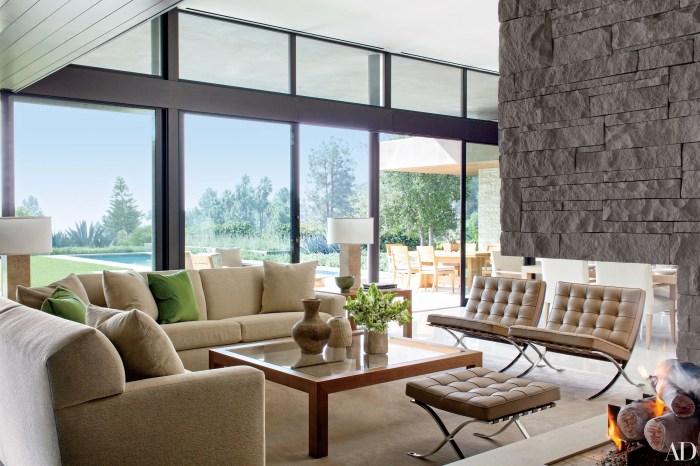Delving into the realm of custom built homes vs modular homes, this exploration promises a journey filled with insights and comparisons that will shed light on the intricacies of each housing option. From design to sustainability, get ready to uncover the nuances that set these two types of homes apart.
Custom Built Homes
When it comes to designing a custom-built home, the process typically involves working closely with an architect or designer to create a unique floor plan that suits your specific needs and preferences. This allows you to have full control over the layout, size, and features of your new home.
Customization Options
- Custom floor plans tailored to your lifestyle and requirements.
- Selection of high-quality materials for construction.
- Personalized interior and exterior finishes.
- Customized fixtures and features, such as built-in shelving or unique lighting options.
- Ability to incorporate energy-efficient technologies and sustainable design elements.
Benefits of Custom-Built Homes
- Unlimited design options to create a home that reflects your style and preferences.
- Flexibility to make changes during the design and construction process to ensure the final product meets your vision.
- Potential for higher resale value due to the unique and personalized nature of custom-built homes.
- Opportunity to incorporate specific features or amenities that may not be available in modular homes.
- Greater control over the quality of materials and craftsmanship used in the construction of your home.
Modular Homes
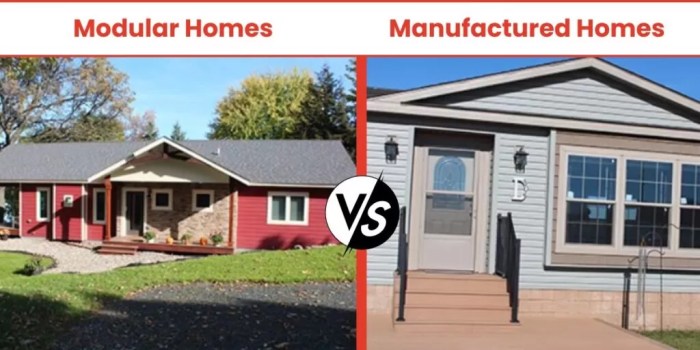
Modular homes are prefabricated houses that are constructed in sections or modules in a factory setting and then transported to the building site for final assembly. These homes are becoming increasingly popular due to their efficiency and cost-effectiveness.
Assembly Process of Modular Homes
Modular homes are built in a controlled factory environment, which allows for precision and quality control during the construction process. The modules are typically constructed using standard building materials and methods, ensuring durability and structural integrity. Once the modules are completed, they are transported to the building site and assembled together to form the final home.
This assembly process is much quicker than traditional on-site construction, as weather delays are minimized, resulting in a faster turnaround time for the homeowner.
Key Features of Modular Homes
- Energy efficiency: Modular homes are designed to be energy-efficient, with features such as high-quality insulation and energy-efficient windows and doors.
- Customization options: Despite being prefabricated, modular homes offer a wide range of customization options to suit the homeowner's preferences and needs.
- Quality control: Due to the controlled factory environment, modular homes undergo rigorous quality control measures to ensure they meet building codes and standards.
- Cost-effectiveness: Modular homes are often more cost-effective than custom-built homes, as the assembly process is quicker and more streamlined, resulting in lower labor costs.
- Environmentally friendly: The construction of modular homes produces less waste compared to traditional construction methods, making them a more environmentally friendly housing option.
Cost-Effectiveness of Modular Homes vs Custom-Built Homes
Modular homes are generally more cost-effective than custom-built homes due to the efficiency of the construction process. The controlled factory environment allows for savings in labor costs and materials, resulting in lower overall costs for the homeowner. Additionally, the faster construction time of modular homes means that homeowners can save money on interim housing or rental costs while waiting for their new home to be completed.
Overall, modular homes offer a cost-effective housing solution without compromising on quality or customization options.
Design and Architecture
When it comes to design and architecture, both custom-built homes and modular homes offer unique advantages and considerations. Let's take a closer look at the architectural flexibility, design styles, and common architectural features found in these types of homes.
Architectural Flexibility in Custom-Built Homes
Custom-built homes offer the ultimate level of architectural flexibility. Homeowners have the freedom to work closely with architects and designers to create a completely unique and personalized home that suits their specific needs and preferences. From the layout to the materials used, every aspect of a custom-built home can be tailored to reflect the homeowner's individual style and requirements.
Adaptability of Modular Homes to Various Design Styles
Modular homes, while initially built in sections in a factory setting, can still adapt to various design styles. These homes can be customized to fit different architectural styles such as traditional, modern, contemporary, or even rustic. With a range of floor plans and finishing options available, homeowners can personalize their modular homes to achieve the design aesthetic they desire.
Common Architectural Styles in Custom-Built and Modular Homes
In custom-built homes, common architectural styles include Colonial, Craftsman, Contemporary, Mediterranean, and Farmhouse, among others. These styles often feature unique architectural details, such as intricate moldings, large windows, and open floor plans
These styles are often characterized by efficient use of space, simple lines, and versatile layouts that cater to a variety of homeowner preferences.Overall, both custom-built and modular homes offer a range of architectural styles and design possibilities to cater to the diverse needs and tastes of homeowners.
Construction Process
When it comes to the construction process of custom-built homes, the timeline can vary depending on the size and complexity of the project. Typically, it can take anywhere from several months to over a year to complete a custom-built home.
This timeline includes the design phase, obtaining permits, site preparation, actual construction, and finishing touches.
Timeline for Constructing a Custom-Built Home
- The design phase can take several weeks to a few months, depending on the revisions and approvals required.
- Obtaining permits from the local authorities can also add a few weeks to the timeline.
- Site preparation, including clearing the land, laying the foundation, and utility connections, can take a couple of months.
- The actual construction of the home, including framing, roofing, plumbing, electrical work, and interior finishes, can take several months to complete.
- Finally, the finishing touches such as landscaping, driveway installation, and final inspections can add a few more weeks to the timeline.
Comparison with Modular Homes
Modular homes, on the other hand, have a shorter construction timeline compared to custom-built homes. This is because modular homes are constructed off-site in a factory-controlled environment, which can speed up the process significantly. The modules are then transported to the site and assembled, reducing the on-site construction time.
Quality of Construction
In terms of quality, both custom-built homes and modular homes can offer high-quality construction. Custom-built homes allow for more customization and attention to detail, but this can also depend on the builder's expertise and craftsmanship. On the other hand, modular homes are built to meet strict building codes and quality standards in the factory, ensuring consistency and durability.
Ultimately, the quality of construction in custom-built homes versus modular homes can vary based on the builder, materials used, and attention to detail during the construction process.
Sustainability and Eco-Friendly Features
Custom-built homes and modular homes both offer sustainable and eco-friendly features that cater to environmentally conscious homeowners. Let's explore the green initiatives found in these types of homes.
Eco-Friendly Features in Custom Built Homes
Custom-built homes often prioritize eco-friendly features such as:
- Utilization of sustainable building materials like bamboo, reclaimed wood, and recycled glass
- Installation of energy-efficient appliances and HVAC systems to reduce energy consumption
- Incorporation of solar panels or green roofs to harness renewable energy sources
- Implementation of smart home technology for efficient energy management
- Inclusion of proper insulation and high-performance windows to enhance energy efficiency
Sustainability of Modular Homes
Modular homes are also known for their sustainability and eco-friendliness due to:
- Factory construction process that minimizes waste and reduces environmental impact
- Use of energy-efficient materials and appliances to lower energy consumption
- Potential for off-grid living with the integration of solar panels and other renewable energy solutions
- Ability to recycle and reuse modules for future construction projects
- Reduced construction time leading to lower overall energy usage during the building process
Energy Efficiency Comparison
When comparing the energy efficiency of custom-built homes and modular homes, both options can be highly efficient, but the effectiveness may vary based on the specific features and insulation used. Custom-built homes allow for more flexibility in selecting energy-efficient materials and technologies tailored to the homeowner's preferences.
On the other hand, modular homes benefit from controlled factory conditions that ensure precise construction and energy efficiency standards. Ultimately, both types of homes can achieve high levels of energy efficiency when designed and built with sustainability in mind.
Ultimate Conclusion
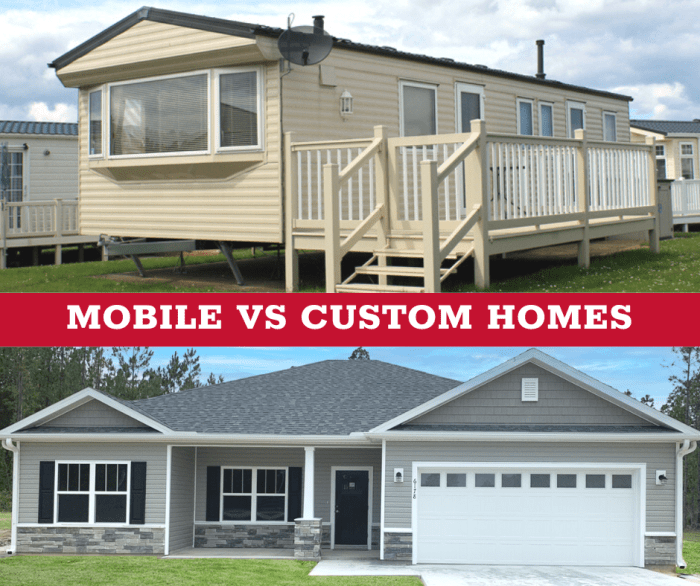
As we reach the end of this discussion on custom built homes vs modular homes, it becomes evident that each option brings its own set of advantages and considerations. Whether you lean towards the tailored design of a custom built home or the efficiency of a modular home, the choice ultimately boils down to your preferences and priorities.
Essential FAQs
Can I make changes to a custom-built home during the construction process?
Yes, custom-built homes offer flexibility for modifications and personalization even as the construction progresses.
Are modular homes more cost-effective than custom-built homes?
Modular homes are generally more cost-effective due to their streamlined construction process and standardized designs.
Do custom-built homes have better energy efficiency compared to modular homes?
Custom-built homes can be designed with higher energy efficiency features tailored to the homeowner's preferences, potentially surpassing modular homes in this aspect.

